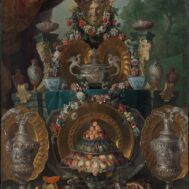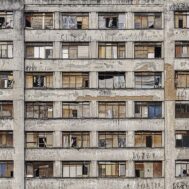Criminalization of political and personal free expression.
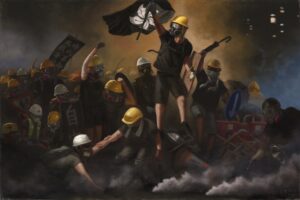
“Our Vantage” by Harcourt Romanticist, https://www.instagram.com/harcourtromanticist/.
The years immediately following the 1997 turnover of British Hong Kong to the Peoples Republic of China gave hope that many of Hong Kong’s freedoms could be retained in the interest of China’s economic development and relationships with the West. That hope has been abandoned. The last decade’s removal of democratic leaning legislators, arrests of publishers, booksellers and pro-democracy business leaders and radical curbs on free expression culminated in the PRC’s imposition of an extremely repressive Hong Kong “national security” law in 2020.
The new law was passed in Beijing and announced at 11pm on June 30, 2020 by Hong Kong authorities – just hours before the city’s annual July 1 pro-democracy marches usually began. The law created four offenses, each of which is defined very broadly, and established sentences of minimum ten years to life imprisonment for violations.
- “Acts of secession,” which can include any advocacy for Hong Kong’s independence or self-determination.
- “Subversion,” which can apply to any act damaging or defacing state and government facilities.
- “Terrorism” is defined as planning or participating in acts causing ‘serious’ societal harm. For example, vandalizing public transportation can constitute terrorism.
- “Collusion with foreign forces” includes spying or providing intelligence to foreign institutions or organizations, and also requesting foreign institutions for help in any actions viewed by government as negative for Hong Kong.
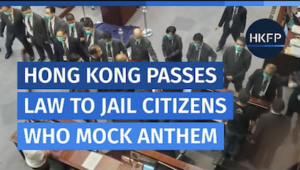
Hong Kong Free Press headline, Hong Kong Passes Law to Jail Citizens Who Mock Anthem. Screenshot.
The press and public can now be barred from hearings and trials. Hong Kong authorities have no control over Chinese security offices, which are also tasked with managing international groups, foreign NGOs and news organizations.
A number of pro-democracy and student organizations shut themselves down within hours after the national security law was announced.
The Beijing-passed law overrides Hong Kong’s constitution and laws, eliminating basic common law protections and Hong Kong’s Bill of Rights. Non-Hong Kong residents can also be prosecuted for acts committed outside Hong Kong. The PRC’s national security police officers are granted broad powers to search homes and businesses, prevent people from leaving the country, confiscate property and assets, do secret surveillance and intercept digital communications. There is no right for anyone to stay silent if questioned.
Art Against Oppression
Dozens of politically active artists have fled Hong Kong since 2020 and hundreds more who remain live in fear that making artwork which could be interpreted by authorities as subversive or harmful to the state will result in their arrest and imprisonment. Under the new security law, even graffiti can constitute “terrorism” resulting in 10 years to life imprisonment. It is perilous even to name activist artists, for whom publicity would draw repression by security forces, but some public acts by authorities and deliberate, peaceful public actions by artists will stand here as examples for the concerns of many more.
Pillar of Shame ‘Arrested’ by Police

Jens Galschiøt, 高志活Pillar of Shame in 橙色運動The University of Hong Kong,HKU in 2008. Author PSH851, CCA-SA 3.0 International license.
The Pillar of Shame, an artwork by Danish sculptor , was exhibited in Hong Kong from 1997 as a longstanding memorial to the Tiananmen Square massacre. The 26 ft tall copper sculpture, composed of intertwined, suffering figures, was a well-known monument and focal point for demonstrations at Hong Kong University for many years.
In 2021, the university moved the statue to a cargo container at a university agricultural research facility. Then on May 5, 2023 National Security police seized and removed the statue to an unknown location.
A Czech organization, NGO DEI, which describes itself as “advocating for a free Hong Kong via art” is working with Galschiøt, who sits on its advisory board, to try to retrieve the sculpture from police.
Artists Demonstrate, but Rarely, After New Security Law
For decades, tens of thousands of residents of Hong Kong have gathered peacefully in public parks and other community spaces for candlelit vigils to memorialize the Tiananmen Square massacre in Beijing. The Tiananmen incident on the 4th of June 1989, in which an estimated 1000 people were killed, was the culmination of a series of student protests, hunger strikes, and efforts to reform and liberalize China’s communist system that took place in many cities in China.
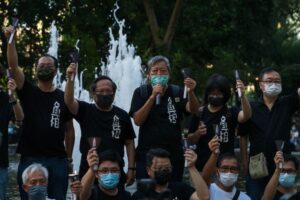
Top democratic lawmakers memorializing Tananmen, Hong Kong Free Press.
Since the People’s Republic of China’s takeover of Hong Kong and imposition of a draconian national security law in 2020, Tiananmen memorials have been absolutely forbidden. Still, holding the memory of Tiananmen is closely linked in the minds of Hong Kong residents to Hong Kong’s own pro-democracy movement and the violent repression of the city’s independence since the PRC takeover. Despite beatings, arrests, and heavy fines and prison sentences meted out to organizers and protesters, a few Hong Kong artists and creatives have continued to make art, do street theater, and give musical performances as memorials or in support of democracy. However, the consequences of even quiet, symbolic acts are heavy. On June 4th last year, an artist was hauled off by police after she publicly carved a potato into the shape of a candle – evoking the massive candlelit gatherings of the past.
Hong Kong’s Secretary for Security Chris Tang said on May 29 that “It will be a special occasion in a few days’ time. Many people will use this special occasion to commit acts endangering national security, such as promoting Hong Kong independence and intending to commit subversion… if you commit these acts, we will definitely take decisive action and arrest you, and will prosecute you if there is evidence. You will not get lucky.”
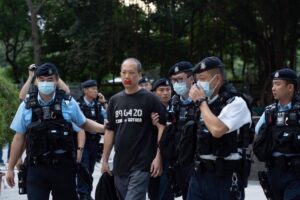
Artist arrested for silent protest, Causeway Bay, June 3, 2023.
A small group of artists gathered at Causeway Bay on June 3 this year, standing silently, holding white flowers, and with their mouths covered with red tape in protest. They were surrounded by police and hauled off. Writing on June 4, Hong Kong’s Free Press said multiple officials had refused to answer whether it was now illegal simply to mourn the deaths in the Tiananmen massacre.
(Later, the police’s Facebook account stated that the artists were arrested for disorderly conduct, had displayed protest materials with “seditious” slogans and yelled in public. Sedition only has a two-year sentence under an old British law, while the new national security law mandates up to life sentences for “secession, subversion, collusion with foreign forces and terrorist acts.”
City authorities made it impossible for the crowds that usually filled the Victoria Park to use it for a vigil this year. They closed off two of the football field sized spaces completely and filled four others with a carnival and shopping fair hosted by a pro-Beijing group, with vendors from mainland China exhibiting their wares. The booth of the Hong Kong police was selling a keychain marked in English and Chinese with the words “DISPERSE OR WE FIRE.” Entry was tightly controlled by police with armored vehicles and notices posted at the park’s entrances forbid banners, signs, and leaflets with political content.
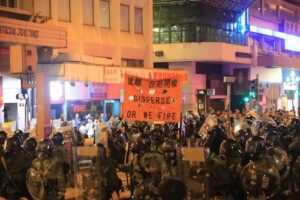
Hong Kong police holding sign, Disperse or We Fire” Reddit screenshot.
The Hong Kong Free Press newspaper reported on June 3 this year that three of the organizers of the annual vigil had been arrested and charged with “incitement to subversion”, which carries a 10 year prison sentence. Their museum of works honoring Tiananmen has been closed.
The Free Press notes that artists from Hong Kong are now having to take their performances overseas. After 33 years of organizing musical performances on the Tiananmen anniversary in Hong Kong, musician Lenny Kwok is producing a performance of music, poetry and storytelling in a park in Taiwan this year. Playwright Candace Chong, author of the play “35th of May” (so called because it is illegal even to name the June 4 event in the PRC), told the Free Press that even in Taiwan, there are concerns about going too far – self censorship is the result and she has toned down some lines in her play.
Foreign Museums Pressured to Cancel Dissident Artist’s Exhibitions
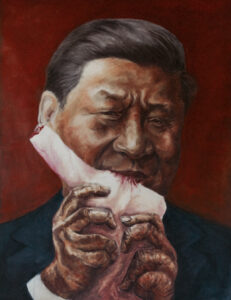
Badiucao, Devouring Children no 1, courtesy Ujazdowski Castle
Centre for Contemporary Art, 2023.
Meanwhile, even foreign museums are pressured to censor exhibitions. This June, the Chinese government again attempted for the third time to get a foreign museum to cancel an exhibition by dissident Chinese artist in exile Badiucao in Poland. A museum statement said that within hours of announcement of Badiucao’s exhibit at the Center for Contemporary Art Ujazdowski Castle:
“…A high – ranking representative of the Chinese Embassy visited the Ujazdowski Castle , demanding that the exhibition be stopped , and letters were sent to the Ministry of Culture and National Heritage demanding censorial interference in the program of the Ujazdowski Castle Center for Contemporary Art . At the same time, the website of the Ujazdowski Castle Center for Contemporary Art was blocked in the People’s Republic of China by the authorities of that country.”
The museum expressed “concern and astonishment” at the embassy’s attempt at “preventive censorship.” The show is opening as scheduled. (China’s government earlier attempted to get shows in Fondazione Brescia Musei, Italy and DOX Centre for Contemporary Art in Prague cancelled. See also: CENSORED: Cartoons and Ancient Conquerors in China, CPN, October 31, 2021.)
Art Basel Work Removed
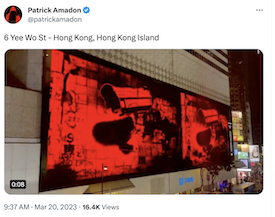
“No rioters, only a tyrannical regime”, Patrick Amadon, 2023, Twitter screenshot.
Most recently, in the middle of Hong Kong’s Art Basel international art fair, a billboard-sized LED artwork was displayed on the façade of the Sogo department store, entitled “No rioters, only a tyrannical regime” by LA artist Patrick Amadon showed a surveillance camera image, in top of which flashed short bursts of text with the names of jailed political prisoners. After the artist announced the work’s content, the artwork was removed by Sogo from display. Amadon told Artnews’ Vivian Chow that:
“Art week in Hong Kong pretend[s] the Chinese government didn’t crush a democracy and turn Hong Kong in a vassal surveillance state for a week because it’s a convenient location for a good market. I think it sends the message that money can buy absolution yet again.”
‘Performance Art’ in the Legislature
Performance art of a kind has even made its way into Hong Kong’s tightly controlled legislature. Passage of a 2020 Hong Kong law criminalizing insult to the Chinese national anthem, March of the Volunteers, triggered serious opposition. Arguments in Hong Kong’s legislature lasted for weeks and there were large demonstrations by the public, with riot police stationed around the legislature. Beijing had added a prohibition against mocking the anthem into Annex III of Hong Kong’s constitution in 2017.
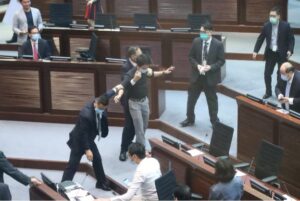
Removing Democratic Party lawmaker Ted Hui after protest. inmediahk.net, via CC 2.0.
Hong Kong’s Democratic Party legislators said that the bill and its penalties were unduly harsh and undermined respect for government. Pro-Beijing legislators countered that people should not be government servants if they did not respect the bill.
After many hours of arguments and tense standoffs, a few Democratic party representatives rushed to the center bearing placards reading “Murderous states stinks for eternity!” and dropped a container of foul-smelling liquid on the floor. The legislature had it cleaned up. Then another legislator, Ted Hui, spilt a nasty liquid again.
The Democratic lawmakers were hauled off, the room was cleaned again, debate ended, and the bill was passed. Deliberately altering China’s anthem can now result in a $50,000 fine and three years imprisonment.
A New Anthem for Hong Kong: Glory to Hong Kong!
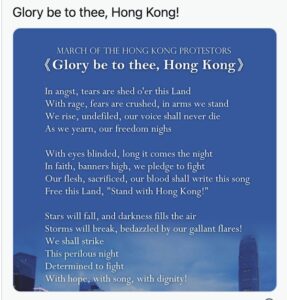
Anthem translation, Glory to Hong Kong, screenshot.
The public’s response was the opposite of what Beijing wanted. In 2019’s background of vigorous protest in Hong Kong, it is no surprise that an anthem written specifically for the territory became a hit, sung by people at sports gatherings, in malls, and in the streets. The song, Glory to Hong Kong, was written in August 2019 by a local musician in his mid-twenties, who is identified only as “Thomas.” He said that while borrowed songs could express some of what people were feeling, it was important for Hong Kong people to have a song specific to their city and identity. Thomas put up a first version on a Reddit-like Cantonese forum, taking comments and tweaking the song. The song quickly became a public hit: at one sports event after another, the crowd chose to sing Glory to Hong Kong rather than the PRC anthem.
Either by accident or deliberate choice, Glory to Hong Kong has also been played at international events instead of China’s national anthem, such as an ice hockey match between Hong Kong and Iran, a Rugby Sevens game in South Korea, and at a weightlifting championship in Dubai.
A number of videos have been posted online of people filling malls and public places singing Glory to Hong Kong. One shows a full orchestra and choir performing it, wearing gas masks, with clouds of smoke surrounding them.
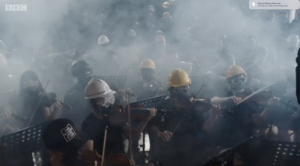
Orchestra performing Glory to Hong Kong in gas masks. Screenshot, BBC film.
On the anniversary of the Tiananmen event this June, the Hong Kong government sought an injunction to ban the singing or performance of Glory to Hong Kong. A writ was issued in June to ban “the broadcasting, performing, printing, publishing, selling, offering for sale, distributing, disseminating, displaying or reproducing in any way (including on the internet and/or any media accessible online and/or any internet-based platform or medium) the Song.” Even playing the tune is illegal.
By mid-June of this year, the pro-democracy protest anthem to Hong Kong had surged in iTunes charts after government attempts to ban it. Glory to Hong Kong was removed from Spotify, the Apple Music platform, and other music streaming platforms by June 15, 2023.
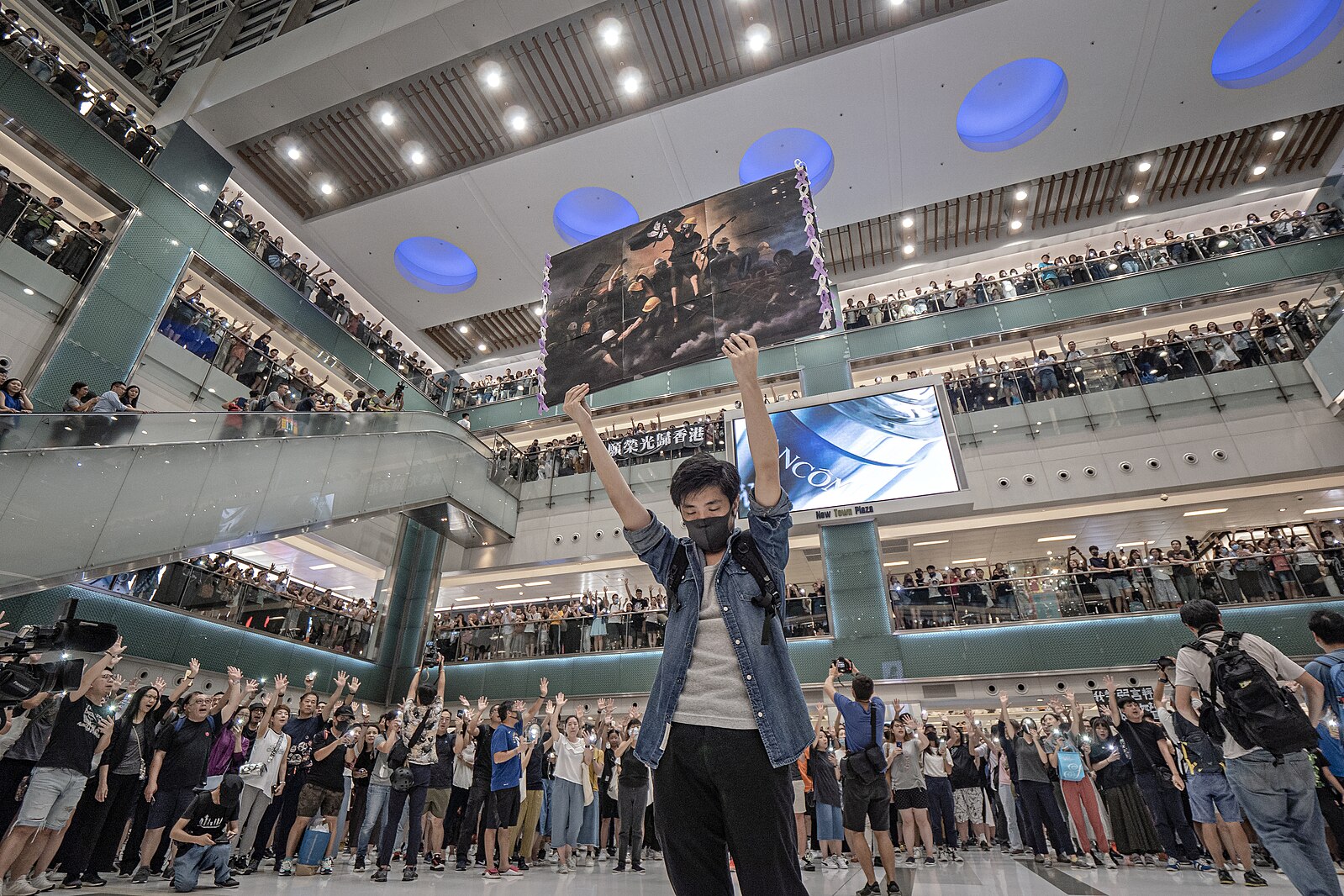 Singing Glory to Hong Kong in New Town Plaza, 11 September 2019, Photo Studio Incendio. CCA 2.0 Generic license.
Singing Glory to Hong Kong in New Town Plaza, 11 September 2019, Photo Studio Incendio. CCA 2.0 Generic license. 